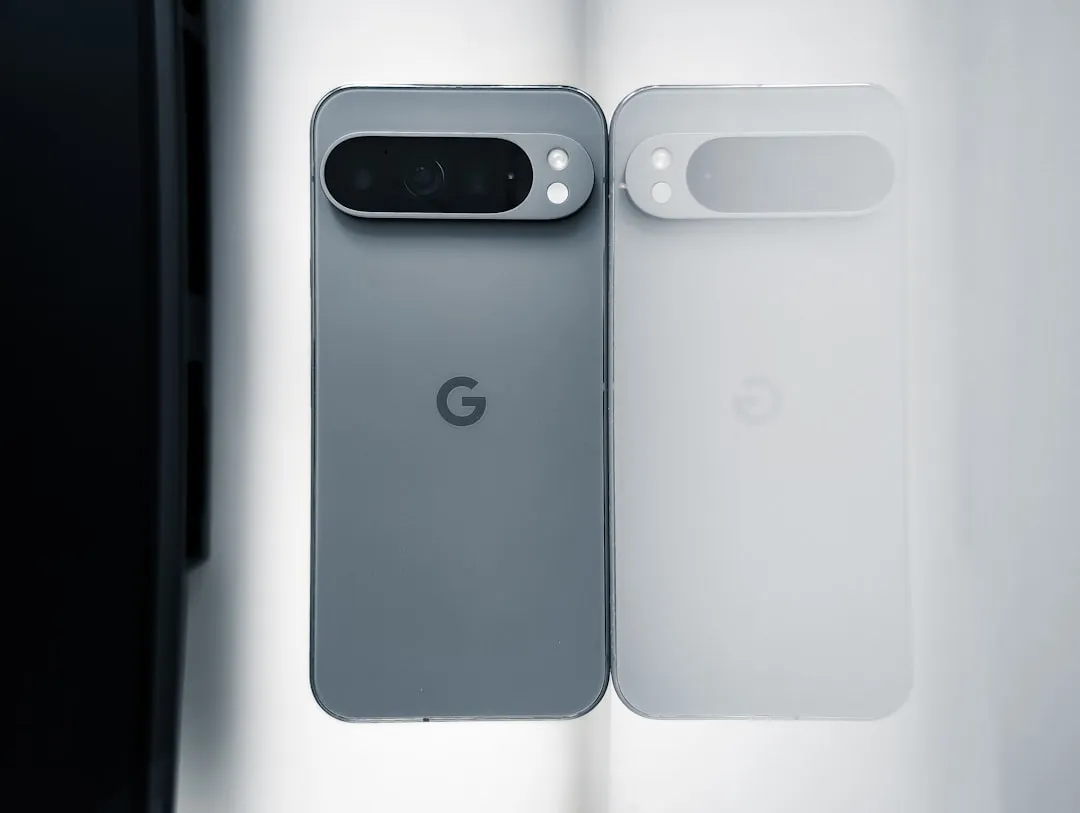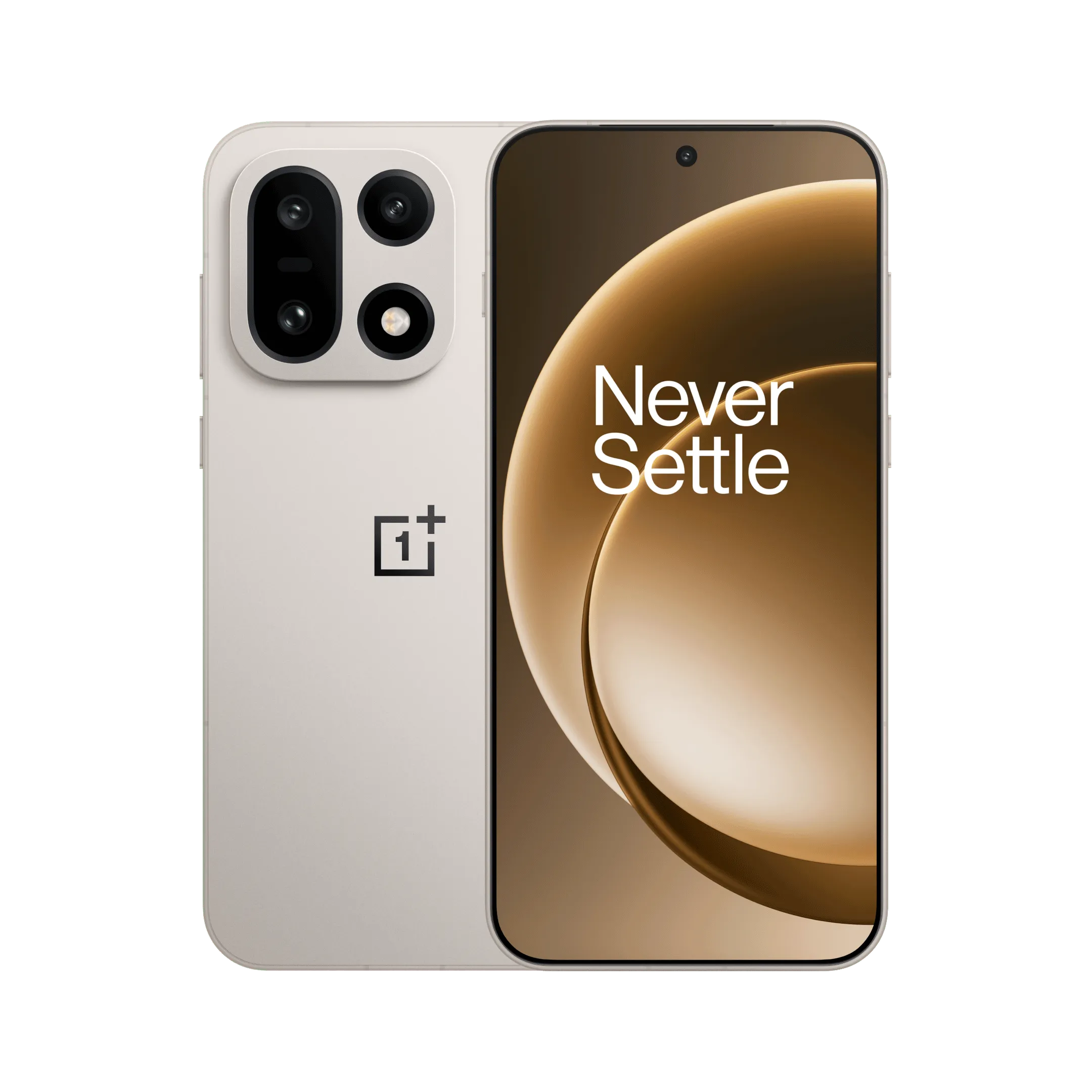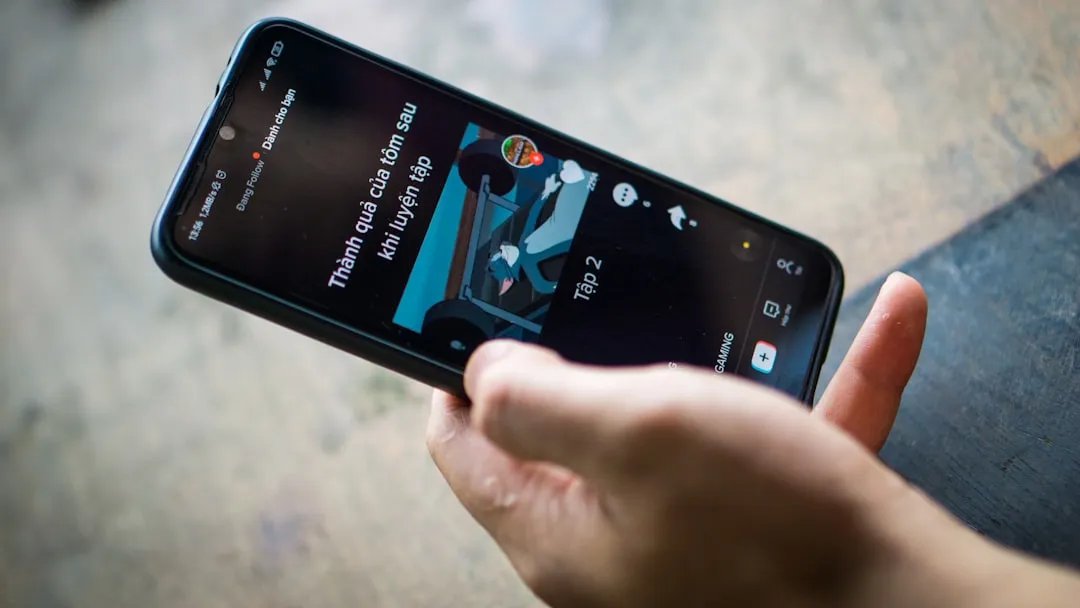Reviewed by Meg Flores
While the eternal Android versus iPhone debate usually boils down to personal preference, artificial intelligence is adding a fresh twist. The mobile AI wave is reshaping how we talk to our devices, and the gap between platforms feels wider than ever. Industry analysts forecast that the vast majority of apps and enterprise software will embed AI over the next few years (e.g., Gartner forecasts large increases in embedded AI across enterprise and software vendors through 2026–2028).
What’s striking is how differently these two giants think about mobile AI. Google leans on years of machine learning and cloud expertise, building a sprawling ecosystem that aims for broad reach and rich features. Apple sticks to its privacy-first playbook, focusing on tight integration and careful rollouts. That choice fits the company’s philosophy, but it has tradeoffs in a market that moves at lightning speed. How do they stack up once you pick up the phone and start asking for help?
Android’s AI advantage: Google’s head start pays off
On phones, Android currently holds a clear edge. Google’s shift from Assistant to Gemini, which has received generally positive feedback, is not a simple rebrand; it is a pivot from command-and-response to contextual conversations that can juggle multi-step tasks.
Gemini functions as a comprehensive chatbot with superior web access and large language model processing for context and AI tasks. It can follow complex, multi-part requests, keep track of what you asked earlier, and respond in a way that feels less like a script and more like a back-and-forth.
The standout feature is Gemini Live, which supports live video streaming and screen sharing while accepting voice commands and text input. Show Gemini what is on your screen, upload documents for analysis, or share your camera feed for real-time help. Field work, quick tech support, collaborative problem solving, it clicks into place fast.
Power users and teams get another bonus. Gemini natively supports file uploads and analysis across its apps; Apple Intelligence/Siri can also work with files (via App Intents and via integrations such as the ChatGPT extension), but the surfaces and workflows differ. Analyze a spreadsheet in a client meeting, share a presentation while traveling, gather feedback without opening a laptop. That turns a phone into a real workstation, not just a notification hub.
Apple Intelligence: Privacy-first but playing catch-up
Apple’s AI approach mirrors the company’s larger playbook, privacy and tight ecosystem design, though the execution has been bumpy. Apple Intelligence has encountered obstacles and delays at every stage, and the rollout has been slower than expected, with features still missing months after the unveiling.
One signal stands out. Essential features promised years ago still have not shipped, and ChatGPT integration appears to compensate for Apple’s sluggish AI development. Partnering with OpenAI gives users modern tools, sure, but it also raises questions about long-term independence in a core technology category Apple usually owns end to end.
Siri reflects the same tension. The enhanced version shown at a previous Apple Worldwide Developers Conference has not actually been released yet. That gap between demo and delivery chips away at trust, especially for organizations deciding what to standardize on this year.
Apple does keep a real advantage in privacy and security. The company handles AI tasks on-device or through Private Cloud Compute servers, which are made available publicly for security verification. For healthcare, finance, and other regulated fields, that model speaks the right language. The test now is proving that privacy-first AI can keep pace with cloud-boosted rivals without trimming features people expect.
Real-world performance: Where the differences matter most
Daily use makes the contrast obvious. Gemini excels at answering basic questions in natural language, while Siri often punts to a search engine when it cannot generate a response. That shapes behavior, from how you gather quick facts to how you plan your day.
Reliability is not perfect on either side. Users of both Siri and Gemini have reported inconsistencies in tasks like tweaking device settings or controlling smart home gear. Progress is real, consistency still lags.
Visual intelligence shows the philosophy split. Android’s Circle to Search provides instant results by letting you draw a circle around anything on screen, and it works across apps without breaking flow. iPhone users have Visual Intelligence, which functions more like uploading a photo to Gemini for context rather than using Gemini Live. It works, it just inserts extra steps, which matters when you are trying to identify something quickly or keep a lesson moving in class.
The accessibility and compatibility divide
Compatibility may be the quiet decider. Android users have access to Gemini Live on most Android phones across brands and generations. That broad reach means more people can try advanced AI without buying a new flagship.
This wide net covers everything from a premium Samsung Galaxy to a mid-range Pixel to older devices, so Google’s AI becomes a shared baseline rather than a luxury perk. For many regions and budgets, that matters more than any single headline feature.
Apple takes a narrower route that matches its premium positioning. Apple Intelligence features are limited to iPhone 15 Pro series or newer devices. Many iPhone owners will not see the new tools unless they upgrade, which complicates enterprise rollouts and slows global reach.
Language support widens the gap. Gemini offers support for over 40 languages, including English, Arabic, Chinese, and Spanish. Apple Intelligence now supports many additional languages (including French, German, Italian, Brazilian Portuguese, Spanish, Japanese, Korean and Simplified Chinese) following recent updates; further expansions continue. For multilingual users and international teams, that difference is not academic, it is day to day usability.
What this means for your mobile AI future
Right now, the scale tips toward Android. Android maintains a clear advantage in mobile AI, with Gemini serving as a superior digital assistant compared to Siri, and Gemini Live outperforming Visual Intelligence. If you want the most capable AI tools today, Android delivers a deeper, more accessible set of options that can change how you work on a phone.
The feature spread on Android supports AI-first habits. From real-time translation and advanced photo editing to sophisticated document analysis and creative assistance, Google has built an AI ecosystem that spans multiple use cases. The parts feel connected, not bolted on, so using one tool often improves another.
Apple’s privacy focus still has real weight, especially as AI touches sensitive personal and business data. As AI weaves into daily routines, Apple’s emphasis on on-device processing and Private Cloud Compute may become more valuable to privacy-conscious buyers. The needle to thread is clear, match privacy with the richer functionality users now expect.
Looking ahead, Google is working on tighter integration of Gemini into Android 16 that will allow the AI to perform actions within applications. If that lands, Android’s advantage could deepen through system-level hooks that unlock new workflows.
Apple, meanwhile, will need to speed up to stay in the fight. The classic perfection-first strategy bumps into a market that rewards fast iteration, and being late can cost mindshare that is hard to win back.
Bottom line, if you want the most capable mobile AI experience available today, Android is the safer bet with wider access, broader features, and tighter integration. If privacy sits at the top of your list, and you are willing to wait while features catch up, iOS still makes sense for your security needs and ecosystem preferences.

























Comments
Be the first, drop a comment!